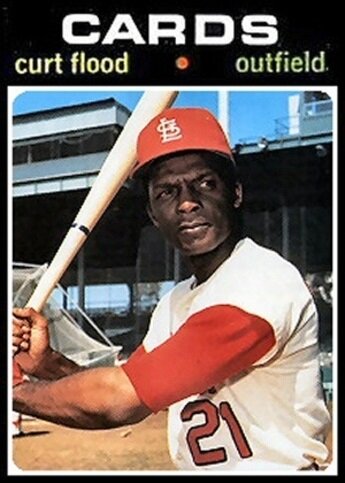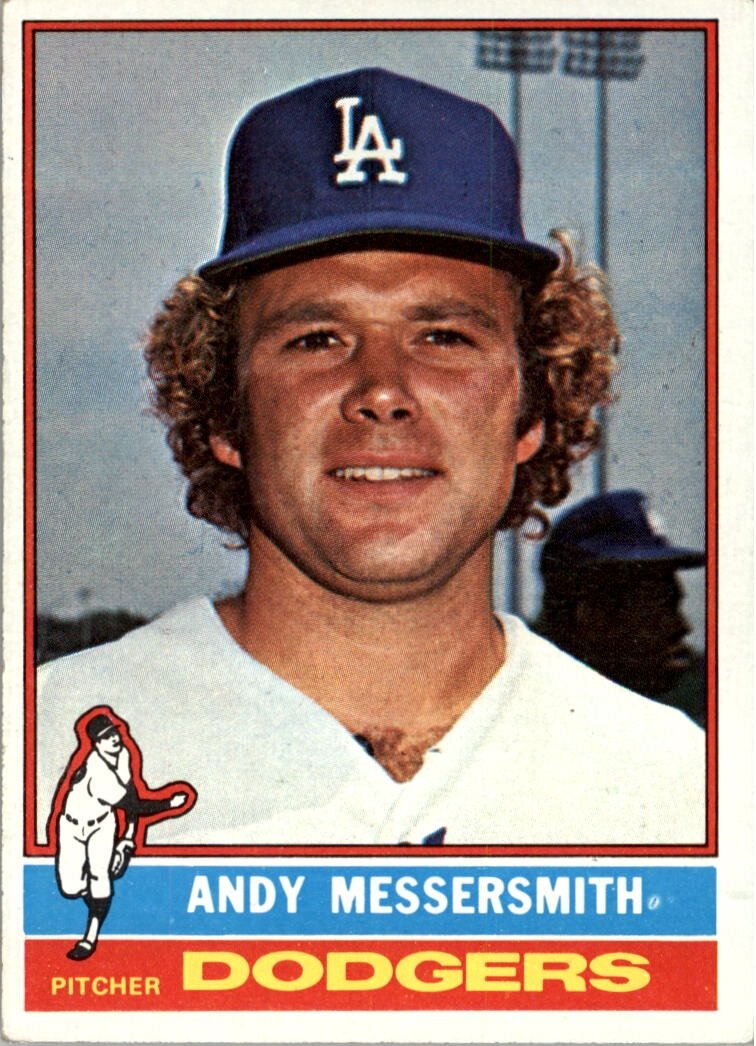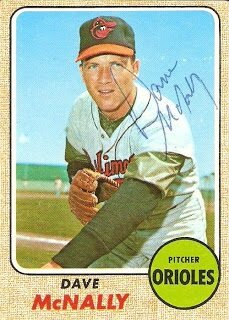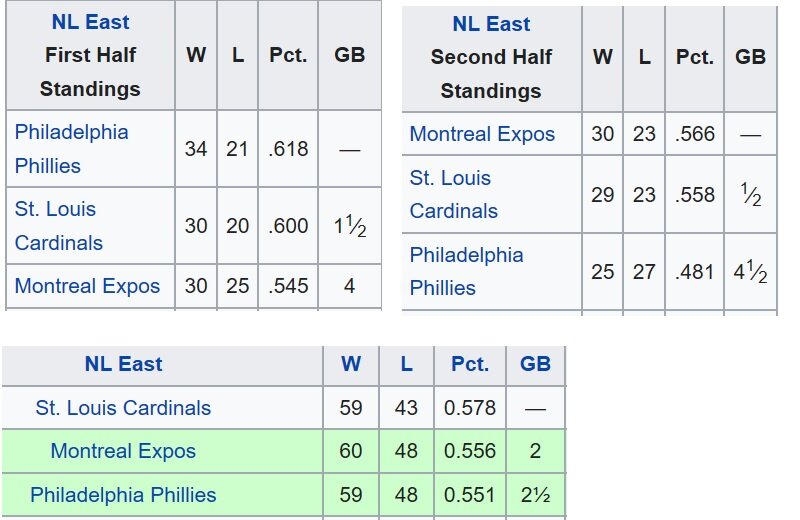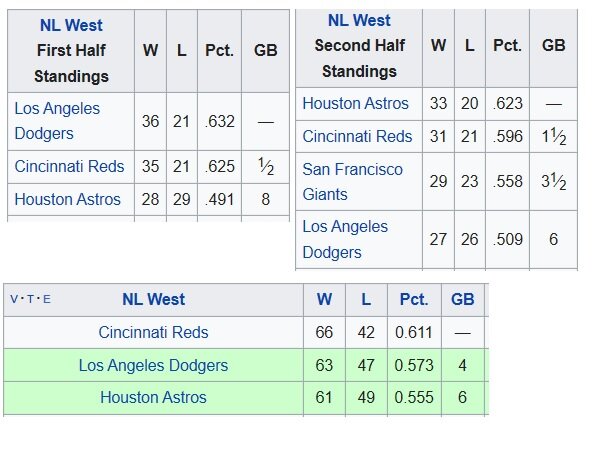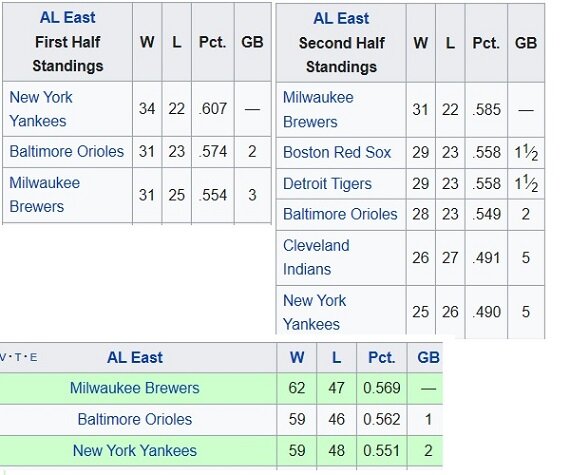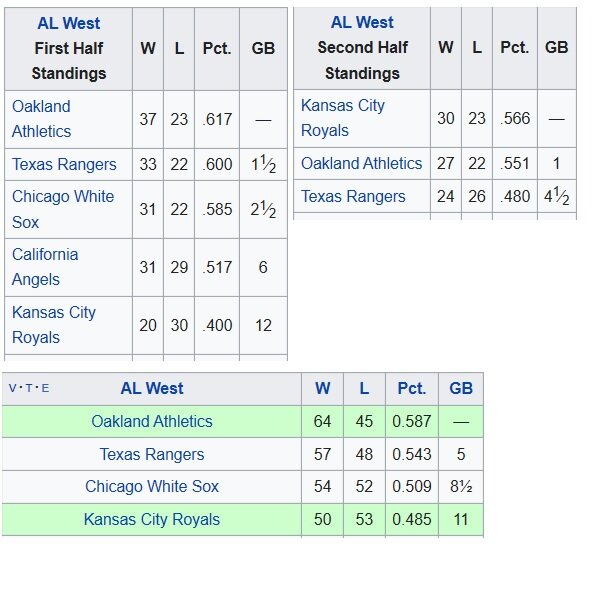Baseball and the Pandemic
Due to the pandemic, Baseball has scheduled an ‘unprecedented’ short 60-game season instead of its normal 162-game schedule. This has happened before. Twice. In the same year. Due to a player strike.
Background
Until the mid-1970’s baseball players were subject to a ‘reserve clause’ binding them to a single team unless traded or released. This severely limited player leverage during contract negotiations. In 1970, St. Louis Cardinals center field Curt Flood challenged the reserve clause on anti-trust grounds and asked to be declared a free agent, able to negotiate with any team. In 1972 the Supreme Court ruled in favor of the baseball owners.
However, in 1974 two players, Andy Messersmith and Dave McNally played a full season without a contract. The clubs exercised the reserve clause and renewed them at their prior contract. The players argued that the reserve clause only applied for one year, not the life of a player’s career. They appealed to an independent third-party arbitrator who ruled in their favor. The result, players could now become free agents, able to sign with any team. In 1976, the players union and team owners agreed that players could not become free agents until they had six years of experience. This rule is still in effect today.
Salaries skyrocketed as players took advantage of free agency to sign record-breaking contracts. For the next Collective Bargaining Agreement, the owners wanted a compensation clause: teams losing a player to free agency would be entitled to select a replacement from the team that signed their former player. The players refused.
1981 Baseball Strike
The 1981 season started without a contract between the owners and players. On June 11, with the two sides unable to agree on free-agent compensation, the players went on strike. The strike lasted about 60 days. When the season resumed in August, the most logical step would have been to just play out the remainder of the season, resulting in a 100 to 110 game season.
Instead, baseball decided to split the season and add an extra playoff round. The teams in first place at the time of the strike automatically made the playoffs. Every team would start the second half clean, with no wins or losses. The teams that won the second half would play the winners of the first half. Hence baseball had two shortened seasons in 1981, each between 50 – 60 games. No attempt was made to equalize the number of games played by each team, a costly oversight as it turned out.
The plan was flawed. If a team won the first half, it was already in the playoffs without any incentive to play well in the second half. Also, a team could have the best overall record considering the 100 to 110 games played, but not win either half of the season. They would be excluded from the playoffs. Which is what happened.
1981 Season Results
National League
The St. Louis Cardinals finished second in each half of the season, giving them the best overall record in the National League East. But they did not participate in the playoffs since they did not win either half of the season. In the second half, the Cardinals played one game less than the Montreal Expos and finished a half-game behind them.
The same scenario occurred to the Cincinnati Reds. In the first half of the season, they finished one-half game behind the LA Dodgers, having played one fewer game. Cincinnati finished in second place in the second half of the season. Like the Cardinals, they had the best overall record for the year but missed the playoffs.
American League
With nothing to play for, the New York Yankees, winner of the first half of the season, slumped to a poor record in the second half. Baltimore ended with a better overall record than the Yanks but missed the playoffs as they did not win either half.
Kansas City, a poor team in the first part of the 1981 season, played well in the second half, winning the division and making the playoffs. Two teams, Texas and Chicago, had better overall records than KC but were excluded from the playoffs.
2020 Season
The 2020 season will not experience the problems of 1981. There is only one season, not two half seasons. Each team will play the same number of games. This 60-game season could be quite exciting. In a typical season, by late July many teams are already out of contention, having fallen many games behind the leaders. In contrast, we will have all 30 MLB teams in contention when the season starts July 23, and most will still have a chance well into September.
World Series Prediction
After all the commotion, the 1981 World Series ended up with the New York Yankees playing the L.A. Dodgers, the most common World Series matchup in baseball history. The Yanks and Dodgers have faced each other eleven times, with the Yankees winning eight of those. And sure enough, the two favorites this year to appear in the World Series are the Yankees and the Dodgers. But in a shortened 60-game season, anything can happen. Maybe the team with the longest World Series winning drought will win it this year. That would be Cleveland, who last won a series in 1948. Or maybe the Cubs and White Sox will meet in the World Series. This last happened in 1906. How about a Texas series (Houston Astros vs Texas Rangers) or a Florida Series (Marlins vs Rays), neither of which ever occurred?
We’ll know soon. Play ball!
